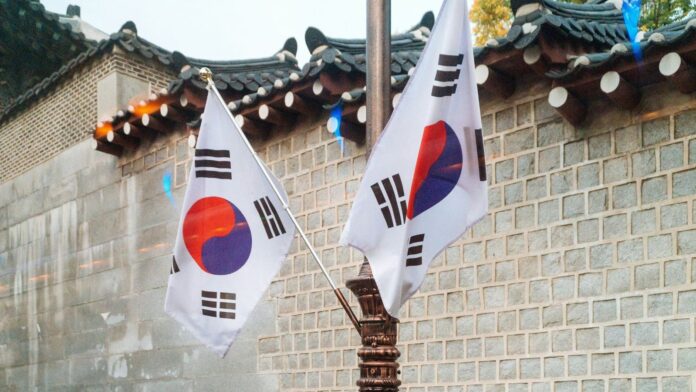South Korea is entering a pivotal moment in its democratic history as the nation records its highest-ever early voter turnout ahead of the upcoming June 3 presidential election. In just the first day of early voting, more than 8.69 million South Koreans—representing 19.58 percent of the electorate—cast their ballots, setting a new national record since the introduction of early voting in 2014. The figures point to a highly mobilized and politically engaged public amid deepening political uncertainty and growing distrust of establishment institutions.
The backdrop to this election is marked by the dramatic downfall of former President Yoon Suk Yeol, who was removed from office following his controversial attempt to impose martial law—an act widely interpreted as a desperate move to suppress opposition. His removal has intensified national debates over democratic resilience, executive overreach, and foreign interference in domestic affairs.
At the center of the presidential race is Lee Jae-myung of the Democratic Party, who has positioned himself as a reformist voice, advocating for renewed diplomatic engagement with North Korea and a balanced approach toward China and the United States. In contrast, Kim Moon-soo of the conservative People Power Party has struggled to unify the right-wing base, facing growing pressure from independent candidate Lee Jun-seok, who channels public frustration through a populist, anti-establishment platform that resonates with younger voters.
Economic uncertainty further shapes the electoral climate. The national growth forecast has been revised downward, and public concern is rising over foreign influence in the political process. Reports of unidentified groups surveilling polling stations have fueled speculation about potential foreign interference, particularly from China, though no official confirmation has been provided.
What distinguishes this election is not only the political fallout from recent leadership failures but also a widespread desire among the electorate for a break from entrenched party loyalties and external manipulation. Voters appear to be demanding a more self-reliant and nationally focused leadership—one that prioritizes sovereignty, economic justice, and internal cohesion over dependency on global power structures.
As South Korea approaches a decisive juncture, the exceptional early turnout reflects a society determined to redefine its democratic future. The election’s outcome will have far-reaching implications—not only for inter-Korean relations and the regional balance of power but also for the ideological direction of the Republic itself.

